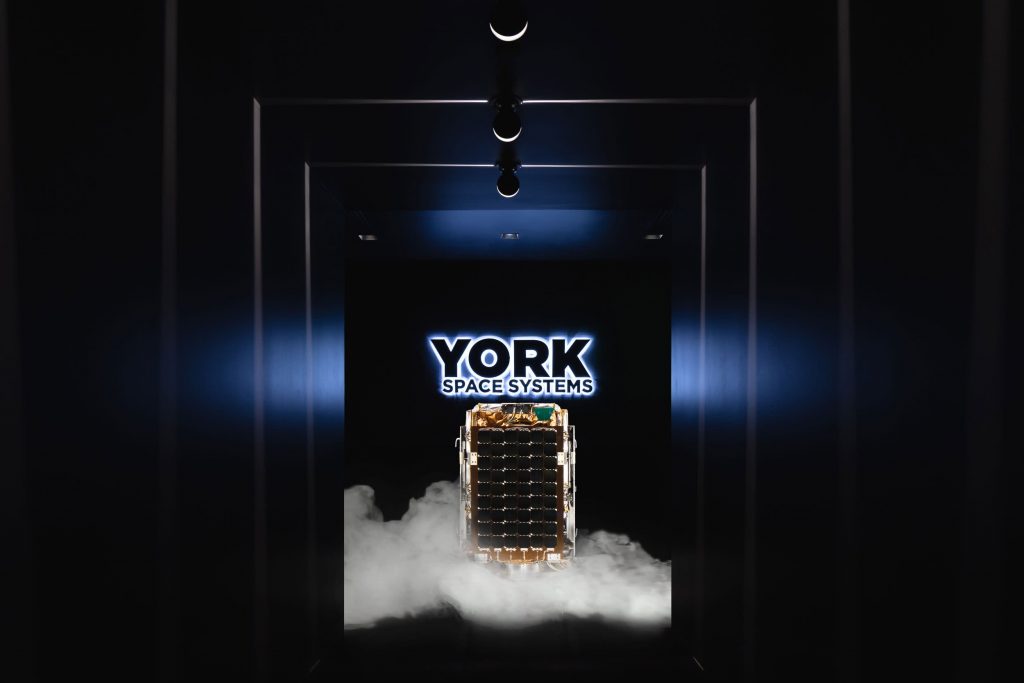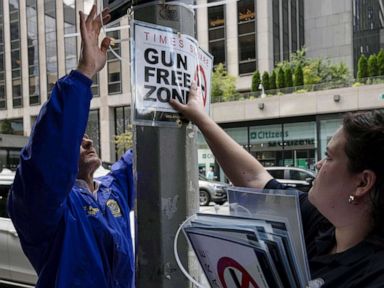
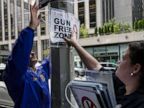

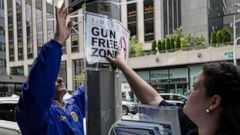
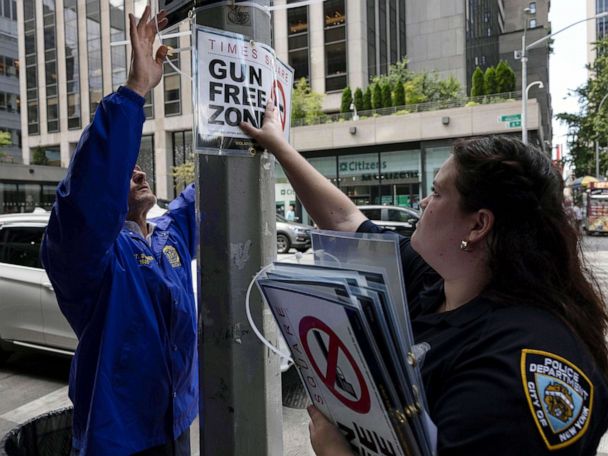
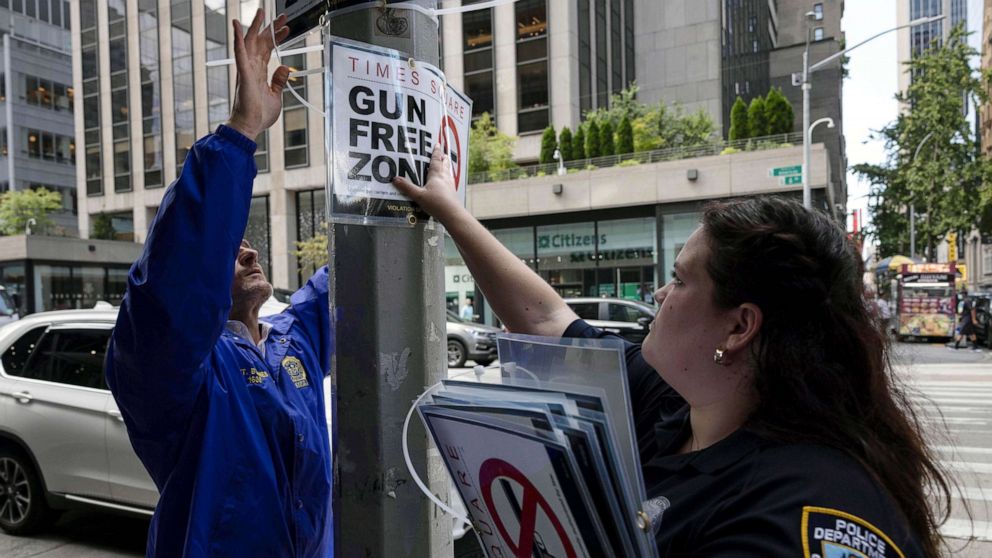
A federal judge in Syracuse on Thursday temporarily struck down key parts of a new law in New York that governs gun licensing.
The law, called the Concealed Carry Improvement Act, replaced the unconstitutional “proper cause” standard with a requirement to demonstrate “good moral character.” Applicants now had to provide a list of current and past social-media accounts, the names and contact information of family members, cohabitants and at least four character references in order to complete the license application or renewal process. Eighteen hours of in-person and “live-fire” firearm training was also required by law.
The state also drew up a list of “sensitive locations” where carrying arms is prohibited.
A previous law was deemed unconstitutional by the U.S. Supreme Court in June.
Thursday’s ruling is at least a temporary victory for six New York residents who said the new law is just as restrictive — and unconstitutional — as the one the Supreme Court overturned.
“Setting aside the subjective nature of these assessments, shouldering an applicant with the burden of showing that he or she is of such ‘good moral character’ (in the face of a de facto presumption that he or she is not) is akin to shouldering an applicant with the burden of showing that he or she has a special need for self-protection distinguishable from that of the general community,” Judge Glenn Suddaby in the Northern District of New York wrote in his 53-page decision.
He went on, “Simply stated, instead of moving toward becoming a shall-issue jurisdiction, New York State has further entrenched itself as a shall-not-issue jurisdiction.”
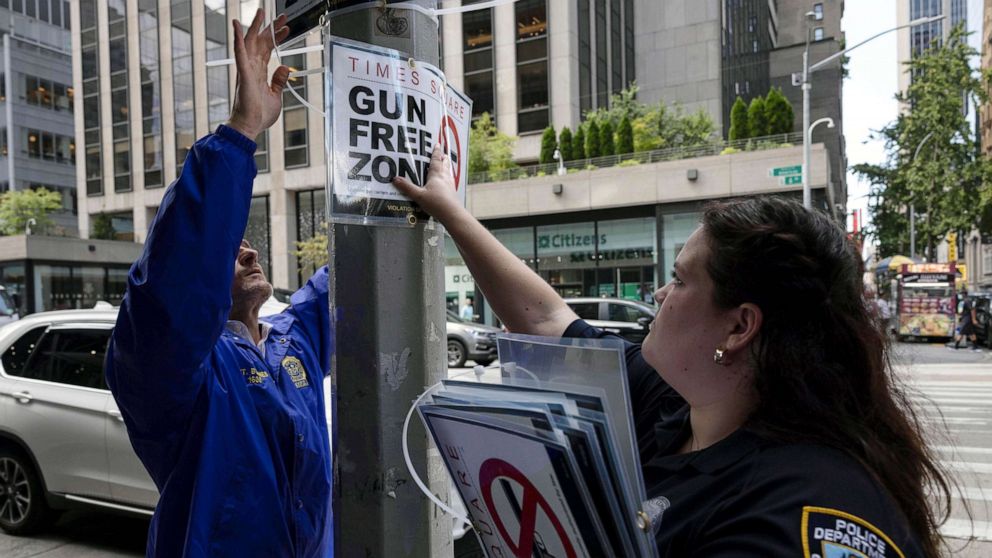
New York City Police Department Public Affairs officers set up signs reading “Gun Free Zone” around Times Square, Aug. 31, 2022, in New York.
Yuki Iwamura/AP, FILE
Suddaby noted in his decision that “it does not appear permissible for New York State to restrict concealed carry” in Times Square.
New York Gov. Kathy Hochul called the decision “disappointing” in a statement.
“While this decision leaves aspects of the law in place, it is deeply disappointing that the judge wants to limit my ability to keep New Yorkers safe and to prevent more senseless gun violence,” she said. “We are working with the Attorney General’s office to review the decision carefully and discuss next steps in an appeal. I will continue to do everything in my power to combat the gun violence epidemic and protect New Yorkers.”
The judge said a temporary restraining order would not take effect for three business days to allow the state to file an appeal.

